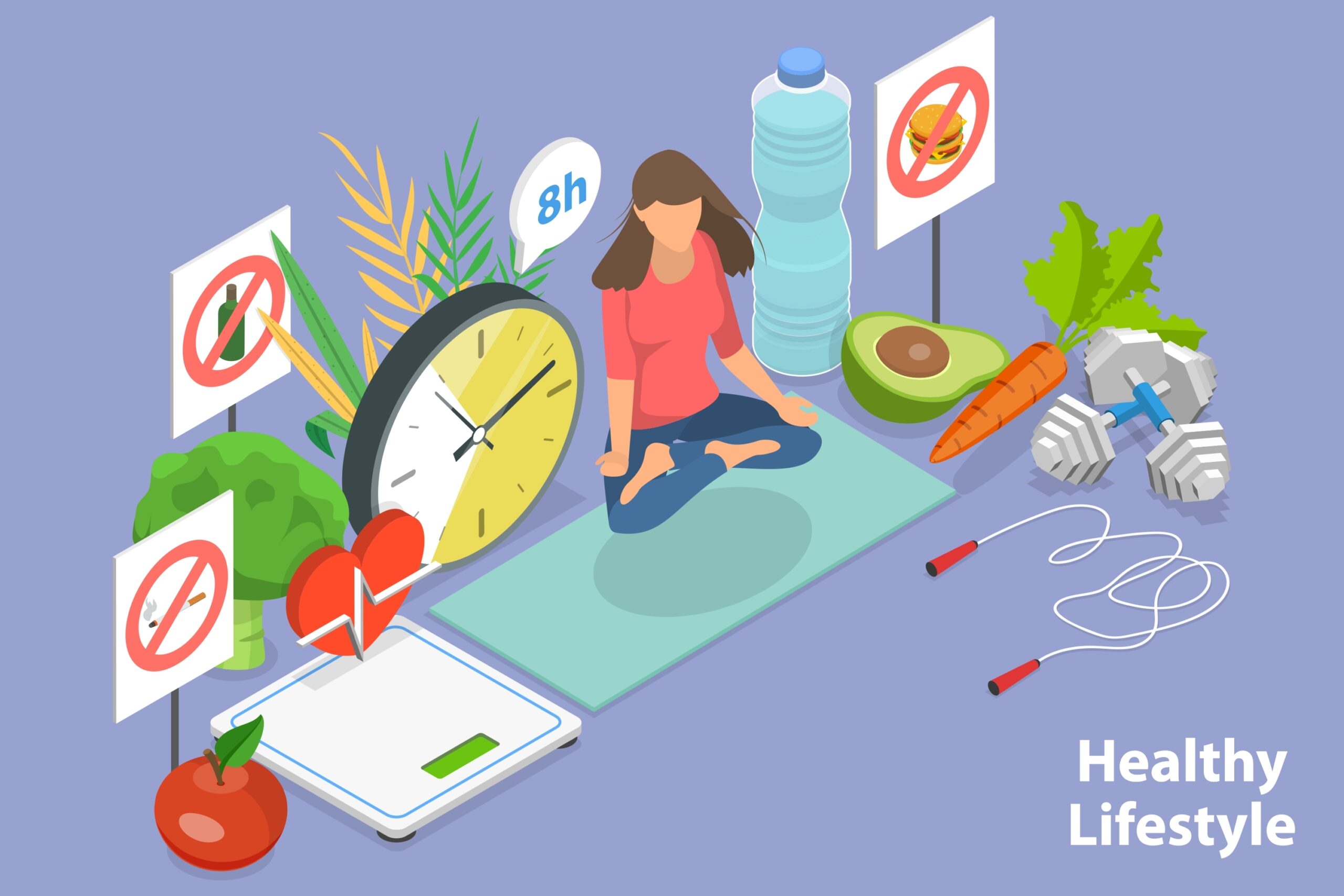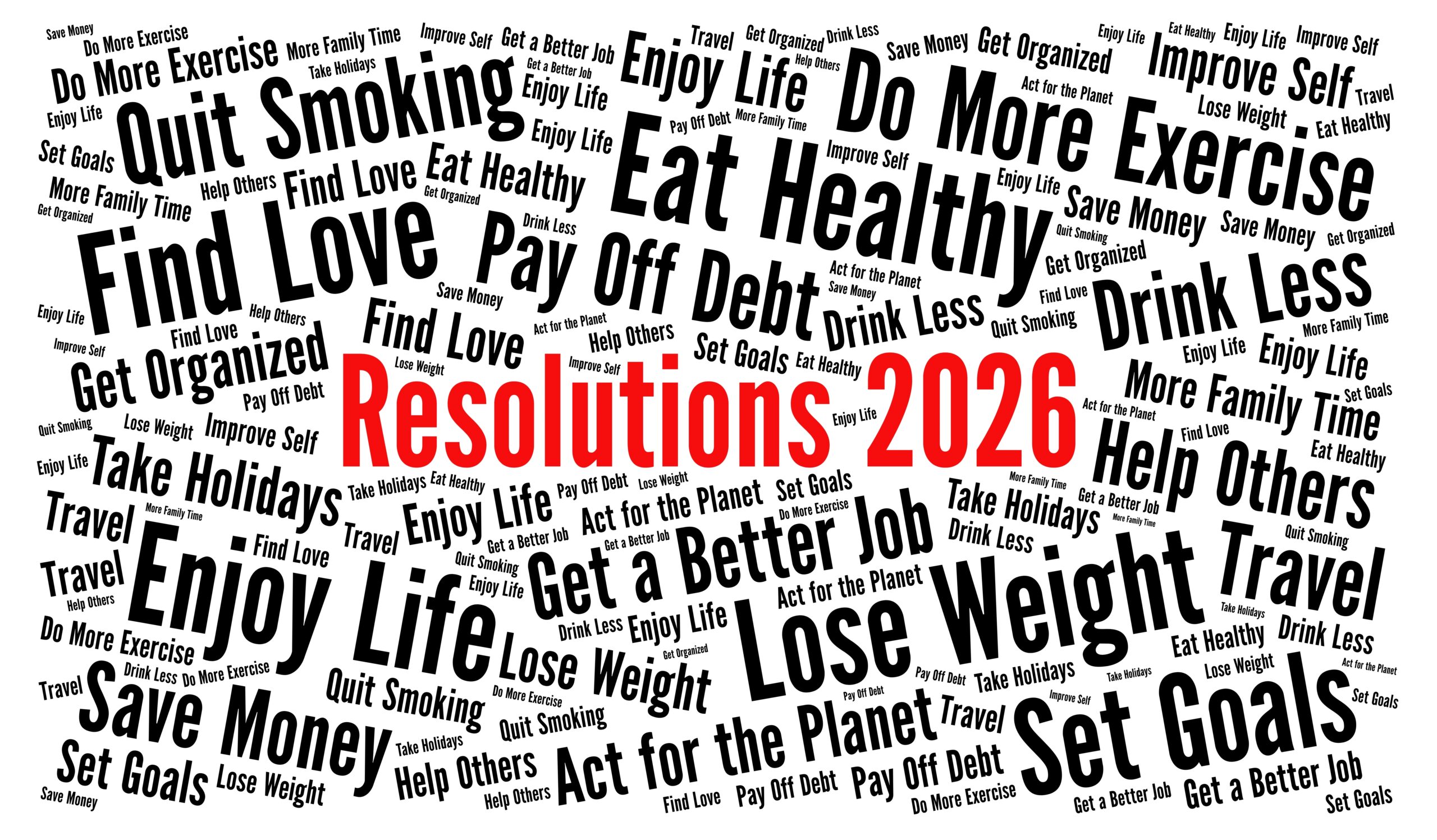May is Mental Health Awareness Month, a perfect opportunity for open and honest conversations about our mental health and emotional well-being. By raising awareness and having open, judgment-free conversations, we can break down stigmas surrounding mental illness and empower more people to prioritize their mental wellness.
Too often, mental health gets brushed aside or viewed as a taboo topic. But our mental health is just as vital as our physical health—it impacts how we think, feel, and navigate life’s ups and downs. It deserves to be nurtured with compassion, care, and understanding.
This month, let’s come together to break down stigmas, share our stories, and spread awareness about the importance of nurturing our mental wellness.
Understanding Mental Health in the U.S.
So, what exactly is mental health? It’s defined as our emotional, psychological, and social well-being. It impacts our thoughts and behaviors and helps determine how we handle stress, make choices, and relate to others. When our mental health is thriving, we’re better equipped to meet life’s challenges with resilience.
Unfortunately, there are still many misconceptions and stigmas surrounding mental health in our culture. Some wrongly view conditions like depression or anxiety as personal weakness rather than legitimate health issues deserving of treatment and support. The harsh reality is that mental illness is extremely common, yet millions suffer in silence, afraid to speak up due to judgment or discrimination.
Mental health is something that impacts all of us, whether we struggle with a diagnosable mental illness or simply face everyday stress and anxiety. It’s an integral part of our overall health and well-being that allows us to cope with the normal stresses of life, work productively, and realize our full potential.
The statistics are staggering—around 1 in 5 American adults live with a mental illness. That’s over 50 million people who face the challenges of conditions like depression, anxiety disorders, bipolar disorder, PTSD, and more each year. And that doesn’t include the countless more who struggle with elevated stress, emotional turmoil, grief, and other mental health issues that impact well-being.
How can we help?
Spreading Mental Health Awareness
One of the most powerful ways to spread mental health awareness is by sharing personal stories and putting human faces and voices to these issues. Whether you’ve personally struggled with your mental health, have a loved one who has, or simply want to be a supportive ally, every story helps chip away at stigma.
Getting involved in mental health awareness campaigns on social media is a simple yet impactful way to join the larger conversation happening worldwide. Following and engaging with hashtags like #MentalHealthAwarenessMonth or #MentalHealthMatters can help these vital issues trend and reach new audiences. You can share educational resources and words of support or simply use your voice and platform to show that you care. You can also volunteer with mental health-focused nonprofits or man a hotline to help people in crisis.
You don’t have to look far to find individuals who have benefitted first-hand from efforts to raise mental health awareness. There are countless stories of people feeling empowered to finally get help, speak their truth, or realize they’re not alone after learning more about these topics. That simple feeling of not being alone can provide profound comfort and hope.
This is a journey, but every new voice raised, every bit of new knowledge shared, and every moment of compassion shown moves us in a better direction. The impact grows exponentially each time another person is inspired to get involved.
Impact of Mental Health Awareness
The positive ripple effects of increased mental health awareness extend far and wide. It gets people talking, sharing, and opening up in a way that reduces shame and creates a culture of greater compassion, support, and understanding around mental illness.
That openness leads to more people being willing and able to access potentially life-saving care and support resources. It can drive advocacy for better research, expanded treatment options, and mental health education in schools, workplaces, and communities. Through mental health advocacy, lives are quite literally saved and improved.1
Self-Care and Wellness Practices
All of the mental health advocacy in the world is impactful, but it can feel hollow if we don’t also prioritize our own self-care and mental wellness. After all, nurturing our mental fitness and emotional well-being is an inside job.
There are so many simple yet powerful ways to prioritize self-care each day. Finding healthy outlets like exercise, mindfulness, journaling, or meditation to manage stress and anxiety is key. It’s also vital to be kind and gentle with yourself as you process difficult emotions or circumstances.
Other self-care practices, such as getting enough sleep, unplugging from devices, pursuing hobbies you’re passionate about, spending time in nature, or cultivating an uplifting support system, can do wonders for your mental and emotional state.
At the end of the day, you have to be the one to prioritize mental wellness as part of your overall health and self-care routine. Treat your emotional well-being with the same level of importance as your physical well-being.
Nurture Your Mental Health All Year
This Mental Health Awareness Month, let’s come together to raise our voices, break down stigmas, and make mental well-being a top priority in all of our communities.
Remember, mental health is just as important as physical health. It impacts all of us, whether we’ve received a specific diagnosis or simply struggle with difficult emotions at times. We all have mental health that’s worth prioritizing, understanding compassionately, and nurturing through self-care and supportive relationships.
So, share your story, educate yourself on these important topics, get involved with awareness campaigns, and show up for others with empathy. But most importantly, make your mental health and emotional wellness a priority each day. Small self-care steps can lead to big shifts in your overall well-being.
Mental Health Awareness Month will pass, but the need for open dialogue, advocacy, and personal mental care endures year-round. We’re all in this together on a collective journey towards greater wellness. By continuing to break down stigmas and provide support, we can create a society where prioritizing mental health is normalized, not minimized.
References
Barry, A. (1983). The importance of mental health advocacy. Psychosocial Rehabilitation Journal, 6(4), 35–41. https://doi.org/10.1037/h0099725













